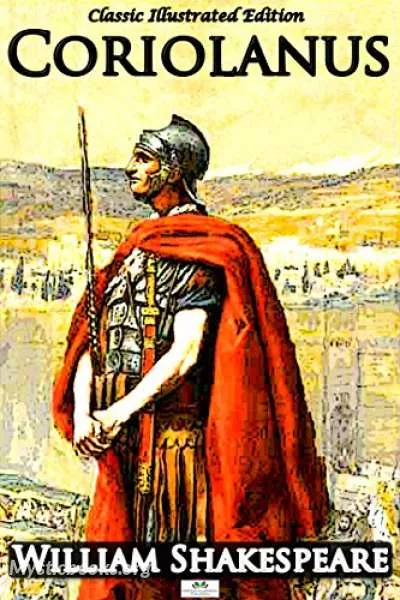
Coriolanus
'Coriolanus' Summary
The play opens in Rome shortly after the expulsion of the Tarquin kings. There are riots in progress, after stores of grain were withheld from ordinary citizens. The rioters are particularly angry at Caius Marcius, a brilliant Roman general whom they blame for the loss of their grain. The rioters encounter a patrician named Menenius Agrippa, as well as Caius Marcius himself. Menenius tries to calm the rioters, while Marcius is openly contemptuous, and says that the plebeians were not worthy of the grain because of their lack of military service. Two of the tribunes of Rome, Brutus and Sicinius, privately denounce Marcius. He leaves Rome after news arrives that a Volscian army is in the field.
The commander of the Volscian army, Tullus Aufidius, has fought Marcius on several occasions and considers him a blood enemy. The Roman army is commanded by Cominius, with Marcius as his deputy. While Cominius takes his soldiers to meet Aufidius' army, Marcius leads a rally against the Volscian city of Corioli. The siege of Corioli is initially unsuccessful, but Marcius is able to force open the gates of the city, and the Romans conquer it. Even though he is exhausted from the fighting, Marcius marches quickly to join Cominius and fight the other Volscian force. Marcius and Aufidius meet in single combat, which ends only when Aufidius' own soldiers drag him away from the battle.
In recognition of his great courage, Cominius gives Caius Marcius the agnomen, or "official nickname", of Coriolanus. When they return to Rome, Coriolanus's mother Volumnia encourages her son to run for consul. Coriolanus is hesitant to do this, but he bows to his mother's wishes. He effortlessly wins the support of the Roman Senate, and seems at first to have won over the plebeians as well. However, Brutus and Sicinius scheme to defeat Coriolanus and whip up another riot in opposition to his becoming consul. Faced with this opposition, Coriolanus flies into a rage and rails against the concept of popular rule. He compares allowing plebeians to have power over the patricians to allowing "crows to peck the eagles". The two tribunes condemn Coriolanus as a traitor for his words, and order him to be banished. Coriolanus retorts that it is he who banishes Rome from his presence.
After being exiled from Rome, Coriolanus makes his way to the Volscian capital of Antium, and asks Aufidius's help to wreak revenge upon Rome for banishing him. Moved by his plight and honoured to fight alongside the great general, Aufidius and his superiors embrace Coriolanus, and allow him to lead a new assault on Rome.
Rome, in its panic, tries desperately to persuade Coriolanus to halt his crusade for vengeance, but both Cominius and Menenius fail. Finally, Volumnia is sent to meet her son, along with Coriolanus's wife Virgilia and their child, and the chaste gentlewoman Valeria. Volumnia succeeds in dissuading her son from destroying Rome, urging him instead to clear his name by reconciling the Volscians with the Romans and creating peace.
Coriolanus concludes a peace treaty between the Volscians and the Romans. When he returns to the Volscian capital, conspirators, organised by Aufidius, kill him for his betrayal.
Book Details
Authors
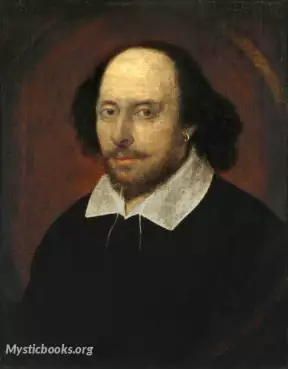
William Shakespeare
United Kingdom
William Shakespeare was born on April 23, 1564, in Stratford-upon-Avon. The son of John Shakespeare and Mary Arden, he was probably educated at the King Edward VI Grammar School in Stratford, where he...
Books by William ShakespeareDownload eBooks
Listen/Download Audiobook
- Select Speed
Related books

The Verge by Susan Glaspell
This play is Glaspell’s recognition of the way in which Victorian society left some women feeling trapped in roles for which they were unsuited. Becau...

American Politician by Francis Marion Crawford
In 1880’s Boston, Mass. the good life is lead according to all the Victorian era societal rules of the New World. Political ambitions and the business...
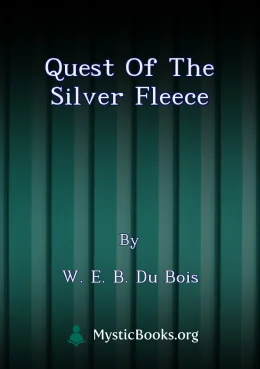
Quest of the Silver Fleece by W. E. B. Du Bois
The Quest of the Silver Fleece is a story of romance, race, economics and politics set around the 1900s. Here, a traditionally educated boy and an uns...
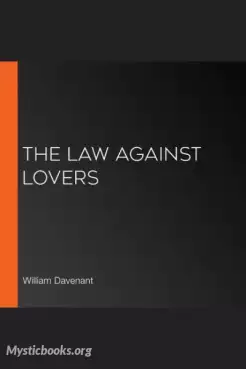
The Law Against Lovers by William Davenant
The Law Against Lovers was a dramatic adaptation of Shakespeare, arranged by Sir William Davenant and staged by the Duke's Company in 1662. It was the...
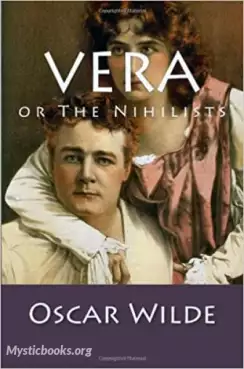
Vera; or the Nihilists by Oscar Wilde
Vera; or, The Nihilists is a play by Oscar Wilde. It is a tragedy set in Russia and is loosely based on the life of Vera Zasulich. It was Wilde's firs...
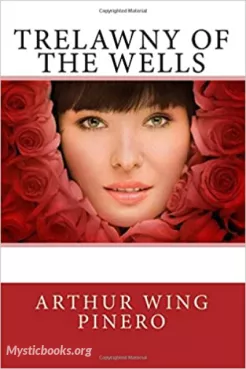
Trelawny of the Wells by Arthur Wing Pinero
This is the story of a young actress named Rose Trelawny, who struggles to adapt to the changing times of the theatre world in the late 19th century....
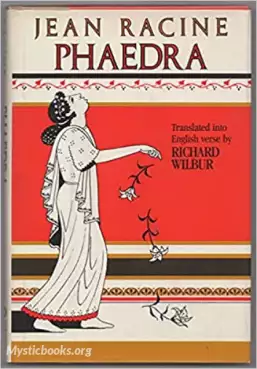
Phaedra by Jean Racine
In the court of Louis XIV, adaptations of Greek tragedies were very popular. This play, heavily influenced by Euripides' Hippolytus, deals with love t...
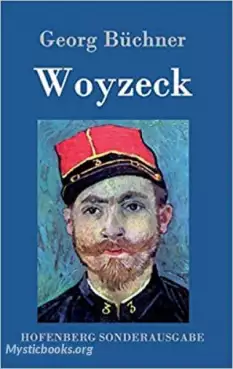
Woyzeck by Georg Büchner
Woyzeck ist ein Dramenfragment des deutschen Dramatikers und Dichters Georg Büchner. Büchner begann vermutlich zwischen Juni und September 1836 mit de...
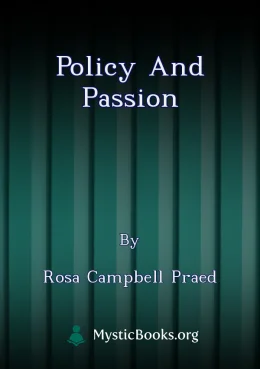
Policy and Passion by Rosa Campbell Praed
Set in the early days of Australia, "Policy and Passion" explores the complex interplay between personal desires and societal expectations. Thomas, a...
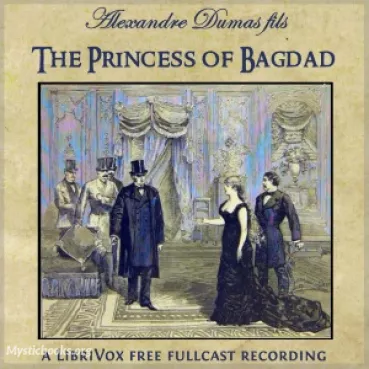
The Princess of Bagdad by Alexandre Dumas fils
Embark on a captivating adventure into the heart of the Arabian Nights with Alexandre Dumas fils's enthralling novel, "The Princess of Bagdad." Prepar...
Reviews for Coriolanus
No reviews posted or approved, yet...